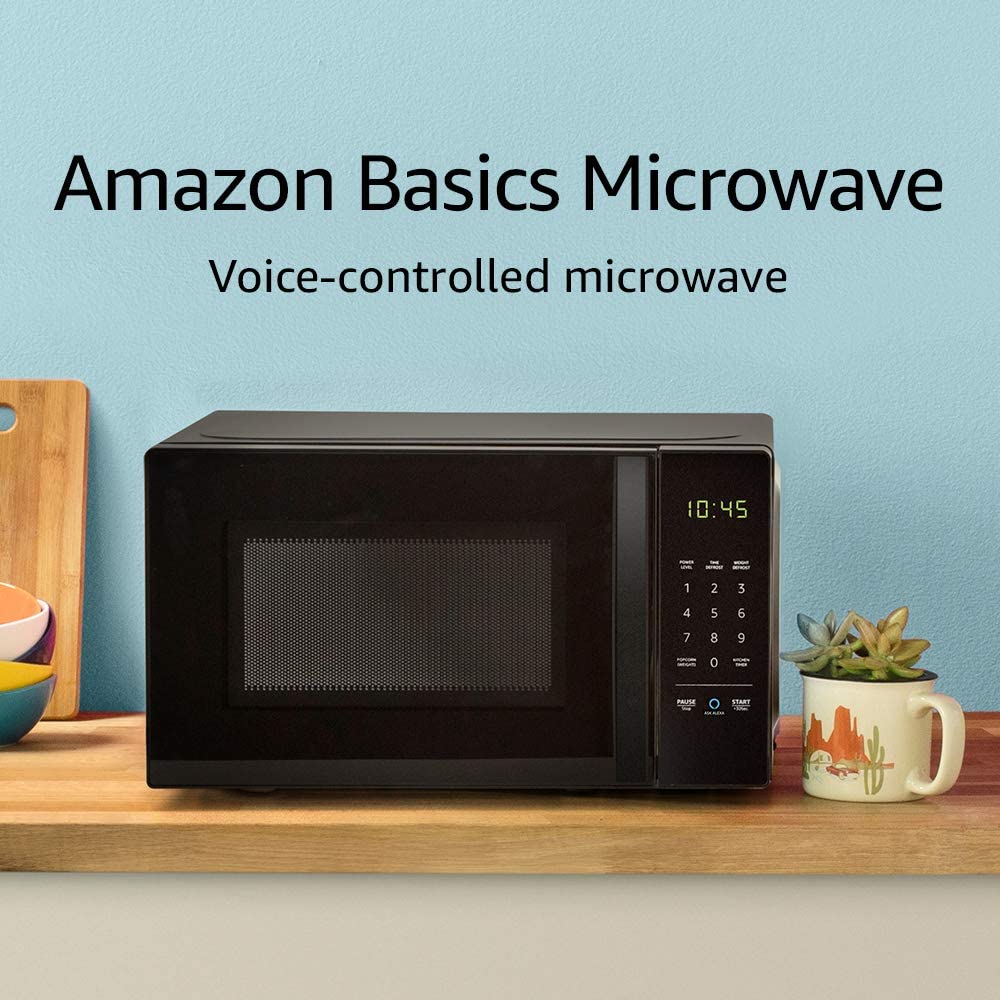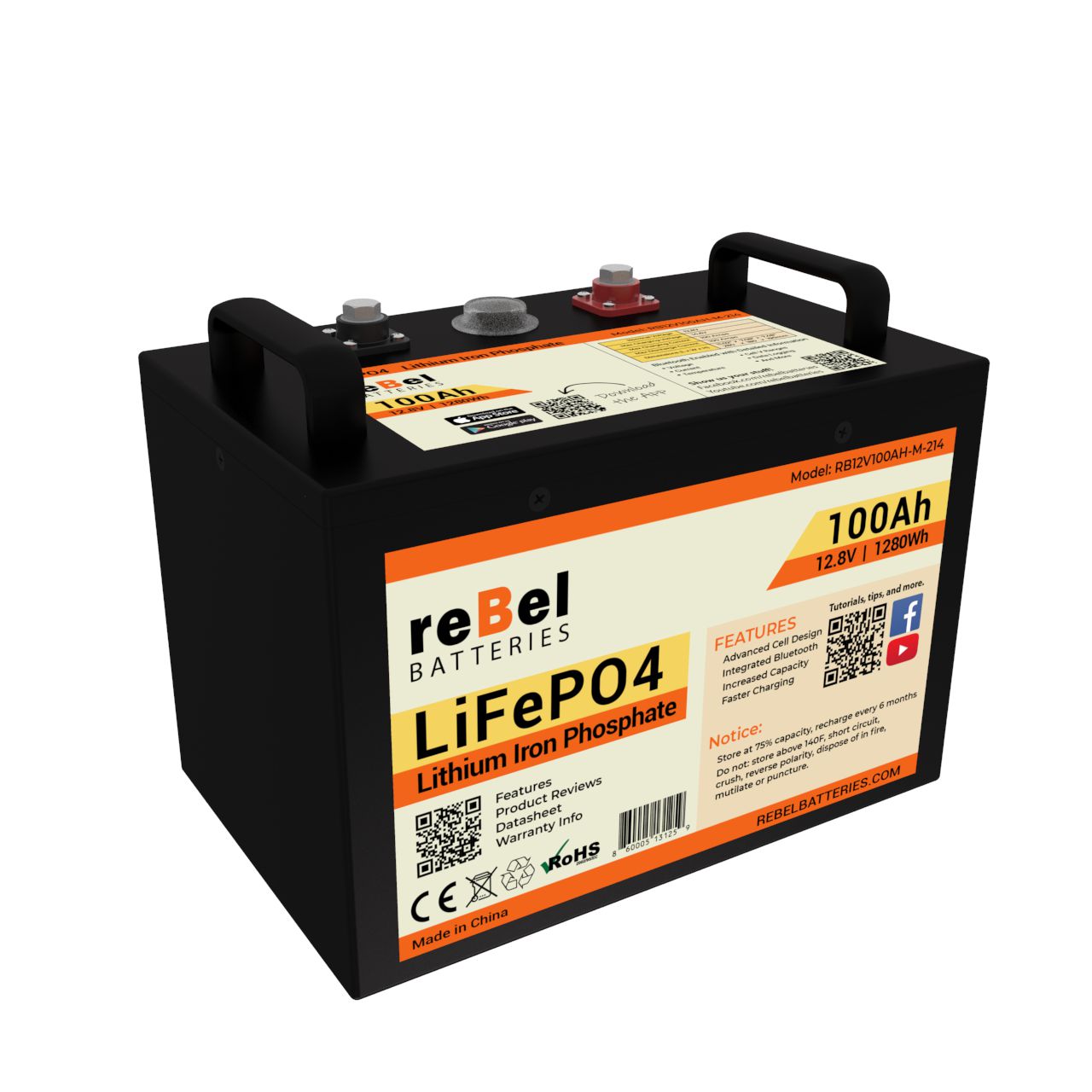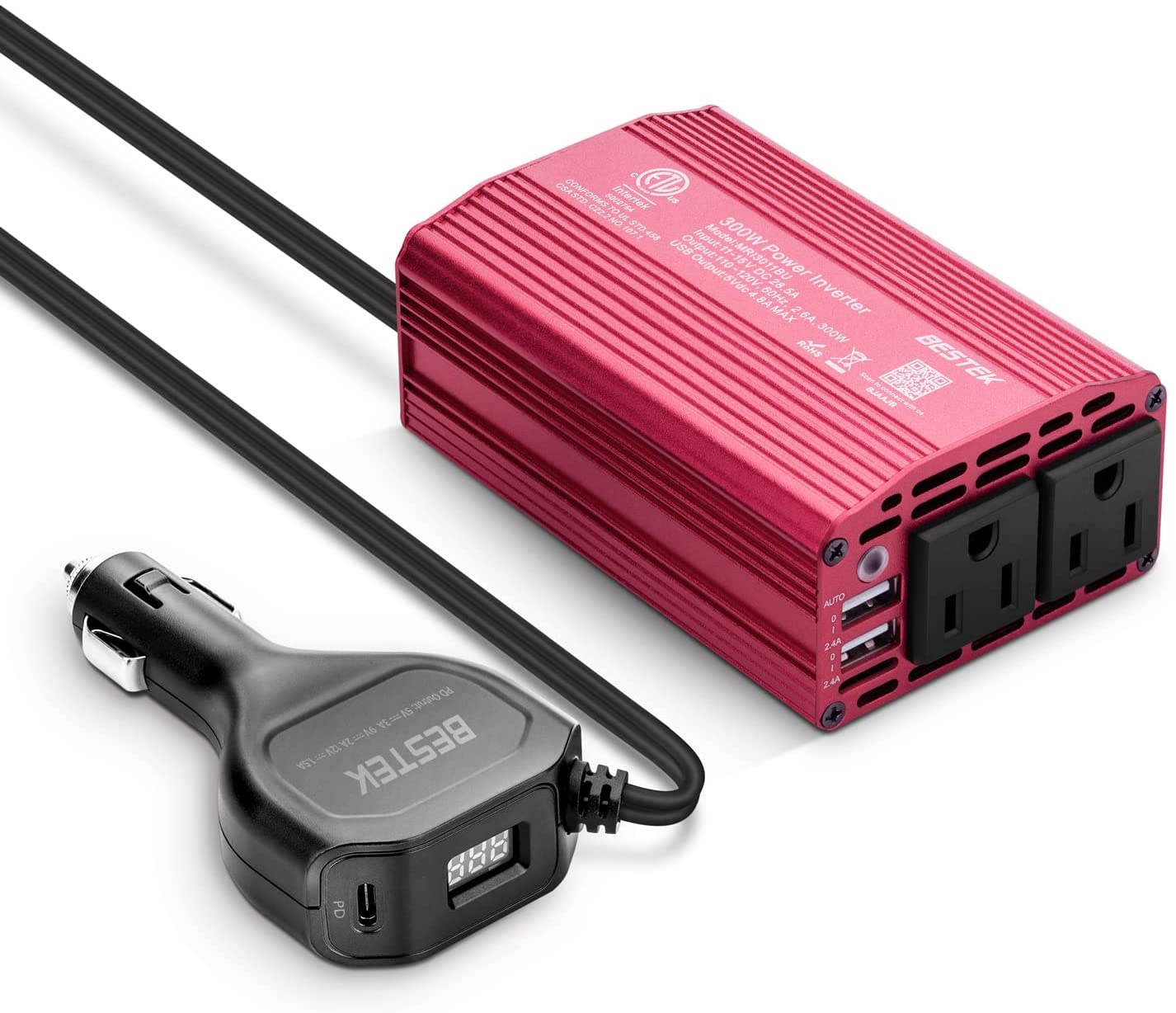Is cooking power the same as input power?
This gets a little confusing but the short answer is no. That being said I have seen microwaves rated both ways. The advertised wattage is usually the cooking power but if it doesn't specifically say that it might be the input wattage. Some just say the wattage in the advertisement but don't say if that's cooking power or input power. Others state the wattage advertised is cooking power. To be sure always look at the power label on the back of the microwave before you buy it. That's where you will see the true power consumption.
A microwaves cooking power and its input power isn't the same. For example a 600 watt microwave, at least the one I'm using, draws close to 900 watts. As a rule of thumb allow an extra 300 watts above the cooking power.
This is one place where you could use a 1500 watt power inverter with a single 100AH reBel battery If you have a microwave with up to 700 watts cooking power assuming it doesn't have extra features drawing power because the wattage drawn would be around 1000 watts maybe slightly higher, but, you would still be drawing less than 100 amps from the battery.
My suggestion if you're using a single 100AH battery is to use a microwave with 600 watts of cooking power. That way you could use a 1000 watt inverter and won't be pushing the battery close to its limit. However, that will be all the inverter can handle. Depending on the microwave and its features you might have to use an inverter larger than 1000 watts.
How about if I use a lower power setting?
You can't count on lowering the input wattage. The four I tried only cycled the ovens cooking power. The fan continued running but the main power cycled different amounts of time depending on the level of cooking power I used. But I know the microwave we had a few years ago did actually lower the input wattage and continued cooking when the cooking power was lowered. The bottom line is don't assume you can just use a lower power setting and get away with a smaller inverter. Do it right, buy a large enough inverter and save yourself the trouble of having to go out and buy another inverter later.
Should I use a modified sine wave or a pure sine wave inverter with a microwave?
I recommend using a pure sine wave inverter, but a modified sine wave inverter will work. You will even draw less power from the battery using one but wait, you're not gaining anything. While the actual power draw will be a little less you'll use more power in the long run because it will take the microwave longer to cook, the microwave will buzz, be less efficient and may go bad if it's run for a long period of time. But if you have a cheep unit you don't care about you can use a modified sine wave inverter and it will work. Just be aware it will take longer to cook and might not last. I have heard of people who had no trouble powering their microwave with a modified sine wave inverter though.



